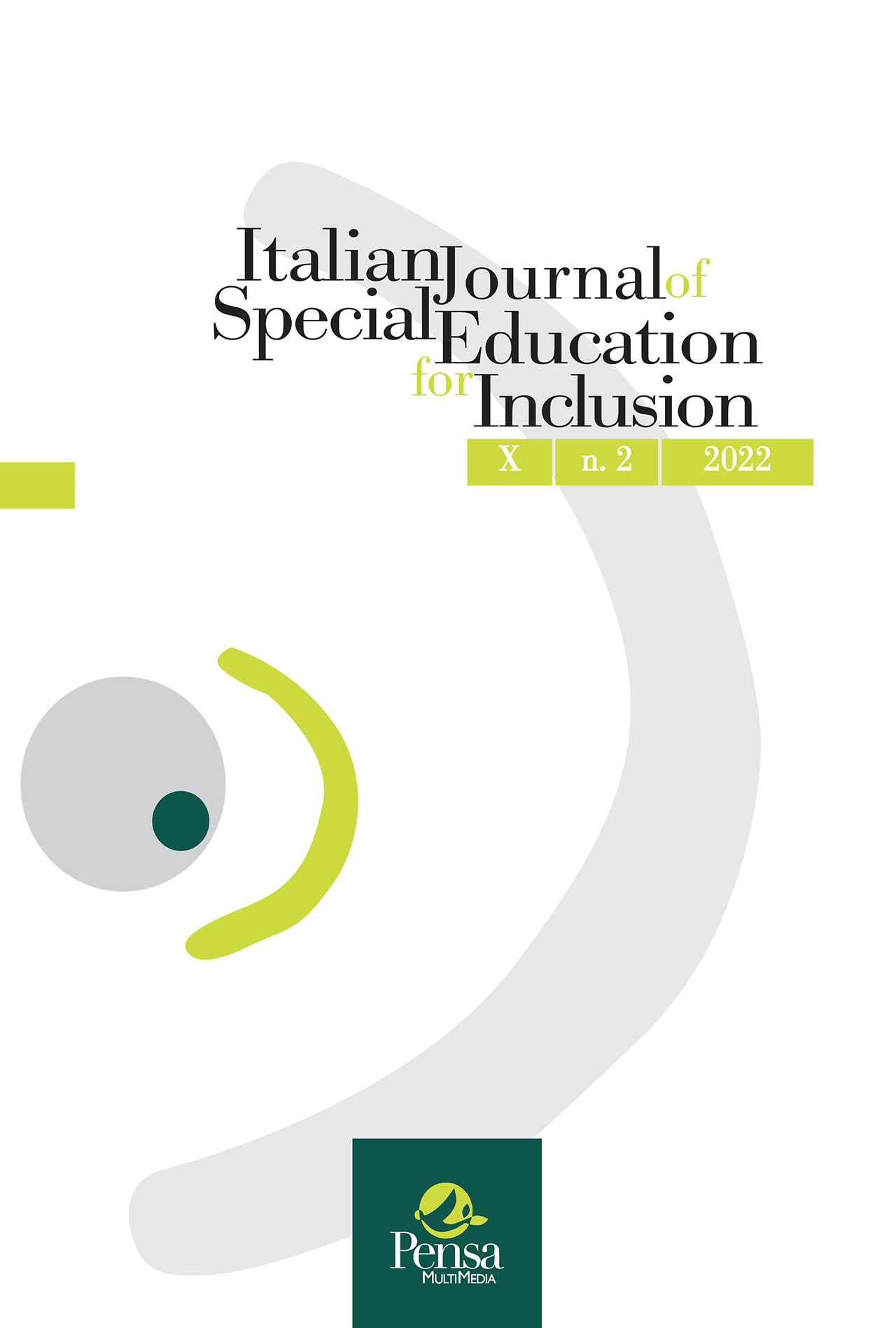Inclusive cities: a normal different world (it is possible)
DOI:
https://doi.org/10.7346/sipes-02-2022-14Abstract
To foster the real development of a civic sense, human beings should be guided from childhood on to experience spaces and times such as geography and history, both personal and collective, as places and times where they live and thus should protect. Children should be involved in certain proposed projects -- in the family, at school, in the neigh-borhood, or in the city -- working on ethical principles of identity and recognition in one’s community; furthermore, there must be dialogue between rights and duties, the desire for freedom and the need for responsibility. The proposal’s writer follows this sense, based on one of the oldest pedagogical foundations: a city that begins with the needs and desires of the children, that listens to them in order to offer answers, is a city that listens and re-sponds to all its citizens. And a city that responds to children also responds to people with disabilities.
Making cities, neighborhoods, and school’s sustainable environments that can be fully ex-perienced by anyone, is the real gamble: it involves completely revolutionizing certain characteristics of our way of life, totally projected on a adult-centered vision, towards a more puerocentric vision.
Better, it is a question of reassessing environments, spaces and times, starting from the Special Needs of people with disabilities or vulnerabilities, adopting the clear and shared concept that if a situation is livable for them, it is liveable for anyone.


